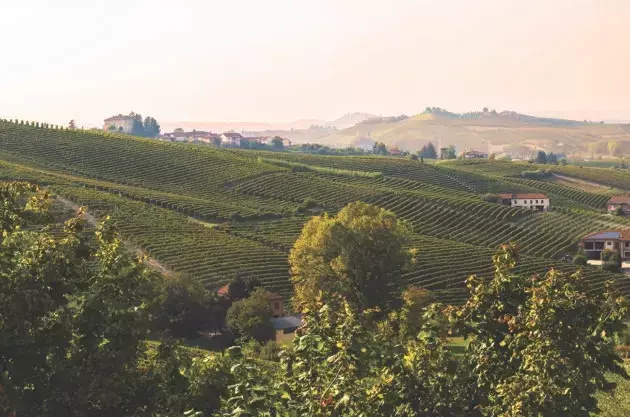
Recent developments in the wine world highlight significant advancements and concerns within the industry. Researchers have detected traces of TFA, a concerning chemical, in European wines, raising questions about production practices and environmental impact. Meanwhile, artificial intelligence is emerging as a potential ally for Napa Valley wineries, aiding them in navigating the challenges posed by climate change. These findings underscore the delicate balance between innovation and tradition in winemaking.
On the global stage, prestigious accolades and unique events are reshaping perceptions of regional wines. The Michelin Guide has announced its selections for Buenos Aires and Mendoza 2025, celebrating standout talents from Argentina. Across the Atlantic, DFWE New York showcases some of the finest sparkling wines worldwide, drawing attention to regions like Asti, which experts laud for its exceptional contributions. Additionally, South Africa’s burgeoning generation of winemakers is crafting an exciting new chapter in their country's viticultural history, blending heritage with modern techniques.
As the industry evolves, efforts to preserve rare and historic varieties gain momentum. In France’s Haute-Savoie region, passionate advocates are working tirelessly to safeguard Gringet, one of the area's most endangered treasures. Similarly, Lange Estate in Oregon's Willamette Valley quietly preserves a legacy through meticulous vertical tastings that honor its roots. Looking ahead, Bordeaux embarks on its 2024 campaign earlier than usual, signaling proactive strategies amidst shifting market dynamics. Together, these initiatives reflect a commitment to sustainability, cultural preservation, and forward-thinking leadership in the wine world.
